Live Nation and AEG Race to Build Portland’s First ‘Small Arena’
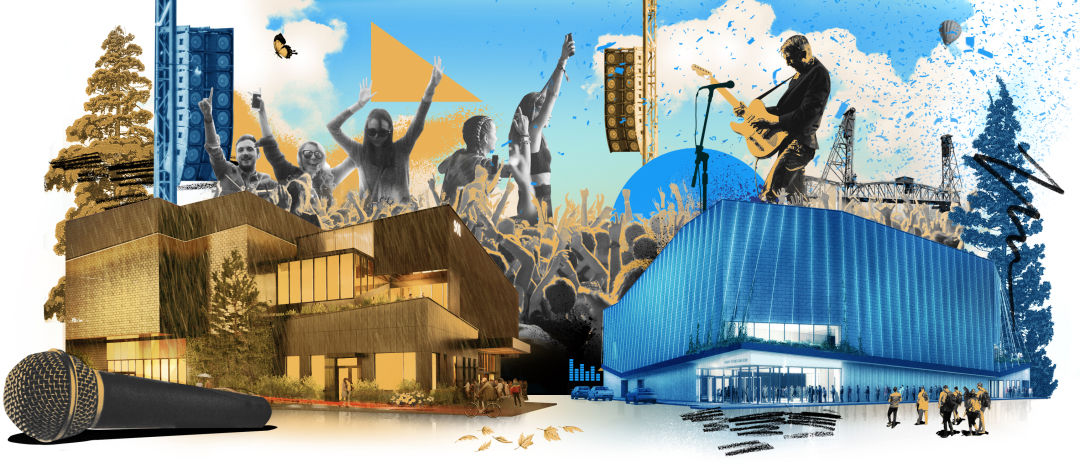
Hoping to fill a hole in Portland’s music-venue landscape, both AEG and Live Nation are developing spaces capable of holding a few thousand concertgoers.
In 1965, Louis Armstrong played Lloyd Center.
Celebrating the fifth birthday of Oregon’s first mall—and one of the largest in the country at the time—the jazz legend drew, by some accounts, 30,000 starry-eyed Portlanders. It was a moment of pure jubilation in the city’s new crown jewel of retail congregation. Even “The usually dour policemen were smiling, clapping, and nodding in time to the music,” the Oregonian reported.
That was nearly 60 years ago. After years of declining in-person shopping, Lloyd Center’s status as a symbol of Portland prosperity has waned with the rest of the country’s malls. While indie revitalization efforts make clear the mall is still beloved, the question lingers: how to get back to its economically viable glory days, fit for likes of Louis Armstrong?
The answer, it seems, could lie in the abandoned Nordstrom. In July 2024, local promoter Monqui Presents announced plans to build a music venue in its place, in partnership with AEG Presents, the live music–focused wing of parent company Anschutz Entertainment Group. Accommodating 4,250 visitors, it would be Portland’s first “small arena”—about triple the Crystal Ballroom’s capacity, but a quarter of the Moda’s.
Portland’s current lack of an indoor venue this size forces touring artists to either play multiple nights at smaller clubs (an expensive compromise) or skip straight from San Francisco to Seattle. “There’s nothing in between,” says Monqui cofounder Mike Quinn. He should know: His company has been booking shows big and small in town since 1983, at the Doug Fir, Wonder Ballroom, Edgefield. This new venue will fill the gap, Quinn says, “just big enough, and not too big.” He describes a scaled-up version of the city’s rock-oriented venues—more splashing beer and standing space, less lid-and-straw wine and velvety Arlene Schnitzer seats. The Schnitz is somewhere in-between, holding 2,776 seats. But “those places are very static,” says Don Strasburg, president of AEG Present’s Northwest division. “This is a club. It’s big, but it operates under the same basis as the Wonder Ballroom. We’re going to dance.”
Ringing a bell? In 2018, entertainment behemoth Live Nation signed a lease with Lloyd Center, and planned to open a venue in the space Monqui and AEG have since claimed. Those plans petered out in 2020, but Live Nation’s Portland aspirations haven’t. With the help of Prosper Portland, and local groups Beam Development and Colas Construction, Live Nation announced new plans in 2023 to take over an empty lot on Water Avenue near the Hawthorne Bridge and build a similar-size venue of its own. The city green-lit the project this past August—and let the project skirt some zoning requirements.
Live Nation has a reputation, however. It’s been accused of price-fixing, hidden fees, and negligence surrounding several fatal incidents, including the 2022 Travis Scott Astroworld Festival. In 2024, the US Justice Department, along with 30 states (including Oregon), sued the company for monopolistic practices, aiming to break up the company’s merger with the similarly controversial Ticketmaster corporation. Since the 2010 merger, the subsidiary has been accused of hacking competitors’ computers, colluding with scalpers, and enabling the T-Swift ticket debacle. By acquiring the ticketing platform, Live Nation effectively took over every corner of the live music industry—promotion, management, operations, and sales.
Unsurprisingly, news of Live Nation coming to Portland riled a significant and vocal portion of the local scene. Jamie Dunphy, a lifelong Portlander who spent his 20s as a semiprofessional musician in town, has been the loudest dissenting voice. A lobbyist for the American Cancer Society by day, Dunphy is also chair of the Music Policy Council for MusicPortland, a nonprofit advocate of the local indie scene. MusicPortland appealed Live Nation’s permitting before the ink dried. “We desperately need investments in the infrastructure of Portland,” Dunphy says. “But we need partners, people who are going to recognize that Portland is not a commodity to be stolen and sold back to us for a profit.”
Dunphy and MusicPortland aren’t alone in their contempt for the company. “They’re basically the Amazon.com of the music industry,” says Mississippi Studios production manager Kyle Morton, whose Portland-based band, Typhoon, has played Live Nation venues across the country. “The fact that Portland is one of the last big markets without a Live Nation venue is something that we should protect.”
AEG, it’s worth noting, is the second-largest music and entertainment group in the world—second only to Live Nation. It owns Coachella, and its recent substantial contributions to right-wing political organizations have forced festivalgoers to question where their dollar is going. Nonetheless, Dunphy and others have cast their support for the Lloyd Center venue. “We deeply trust Monqui,” Dunphy says. “They’re a homegrown success story of Portland’s music industry.”
In defense of, or eliding, the controversies around Live Nation’s business practices, Beam Development points to their project’s potential to revitalize the long-struggling Central Eastside Industrial District. “This building is going to activate a neighborhood,” says Beam principal Jonathan Malsin. He’s worked several other projects in the area and believes the venue will “catalyze” the block that’s been largely vacant for decades. Specific to the music community, the group pitches the project as a boon for local and touring artists, as well as fans. “We support the idea of Portland’s music economy growing,” says Mary Clare Bourjaily, who’s been booking shows with Live Nation for two decades and has been president of its Oregon wing for the past five years. “This is just to add a missing piece, not to take away from any of it.”
All parties seem to agree on this missing piece: Portland is desperate for at least one midsize venue. Both projects are years out, too far off to offer precise timelines. But they are underway. And while two “small arenas” sharing a little town like Portland may feel improbable at first blush, they might coexist. “We completely support the [AEG] project,” says Bourjaily, adding a gently skeptical if: “If they can both be built, the winner is Portland.” AEG and Monqui share the goodwill, mostly. “We wish everybody success,” Strasburg says, sounding a bit like a driver at a prerace press conference, or a boxer before a fight.
What Size Venues Does Portland Already Have?
*Numbers reflect venues’ largest, standing-room capacity.
Polaris Hall: 300
Alberta Rose Theatre: 300
Mississippi Studios: 375
Star Theater: 500
Hawthorne Theater: 550
Patricia Reser Center for the Arts: 550
Aladdin Theater: 600
Wonder Ballroom: 778
Revolution Hall: 850
Roseland Theater: 1,410
McMenamins Crystal Ballroom: 1,500
Arlene Schnitzer Concert Hall: 2,776
Keller Auditorium: 2,992
The proposed Live Nation project on Water Avenue: 3,500
The proposed Monqui and AEG project at Lloyd Center: 4,250
Veterans Memorial Coliseum: 12,000
Moda Center: 20,500
Share this content:



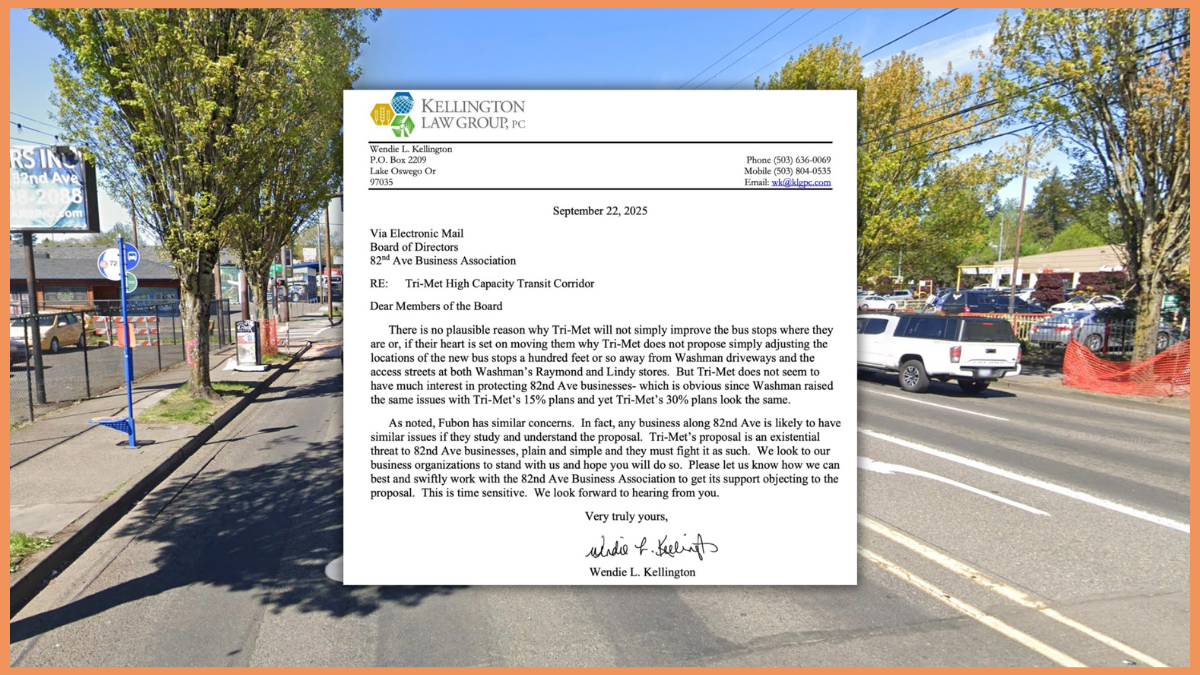
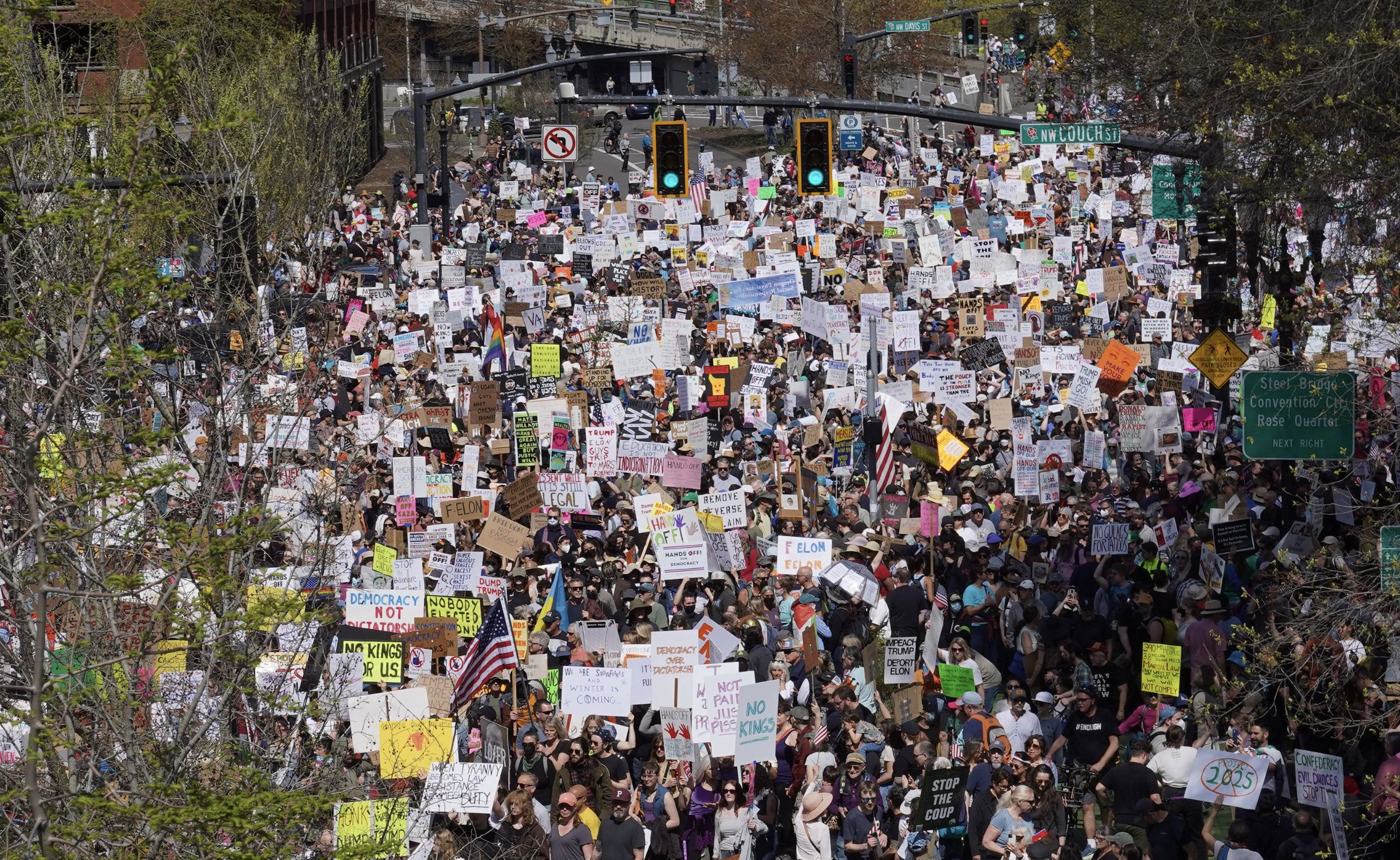

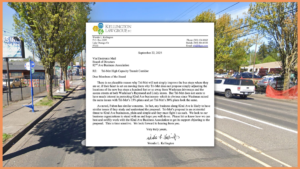
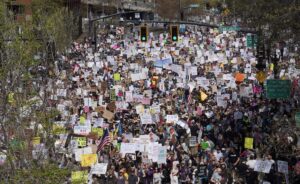
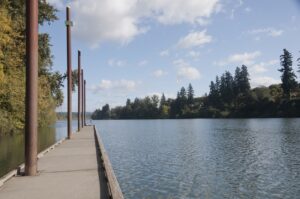






Post Comment